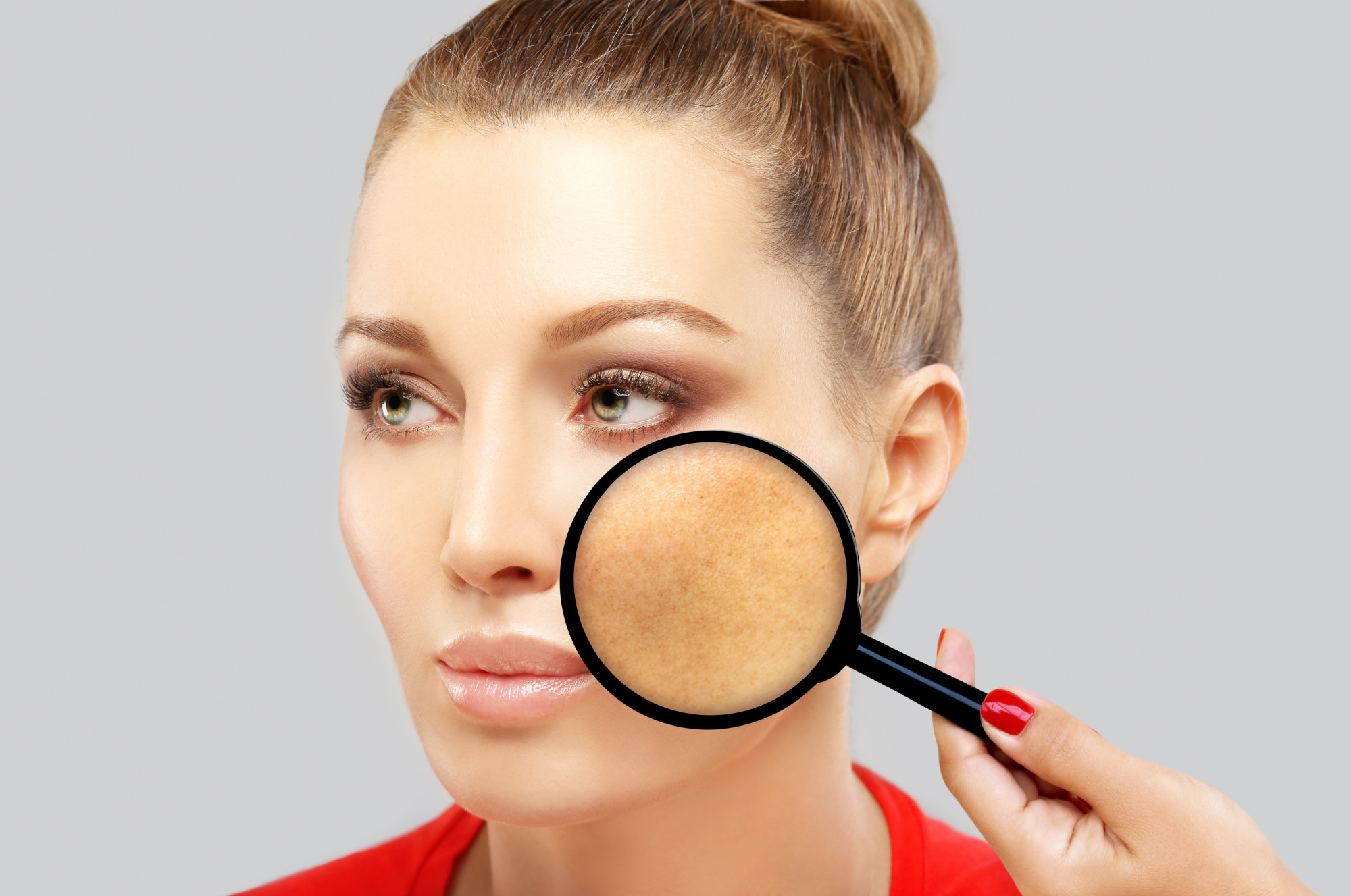A lot is going on beneath the surface of your skin. Nutrient delivery, waste elimination, cell turnover, and immune system responses are just a few of the skin’s essential functions.
Hyperpigmentation is a common skin condition that occurs when something goes wrong with your skin’s normal functions. There are many potential causes, but hyperpigmentation is usually easy to treat.
If you are dealing with this sensitive skin issue, our comprehensive guide provides valuable information to help you understand what is happening and how to get back to a healthy skin tone.
What Causes Hyperpigmentation?
Hyperpigmentation is a condition in which patches of skin become darker in color than the surrounding skin. This can be caused by a variety of factors, including:
Sun Exposure
Sun exposure increases melanin production in the skin, which can cause dark patches on the skin’s surface. Prolonged sun exposure can also lead to skin discoloration, including age spots, liver spots, and freckles.
Sun damage to the skin can cause premature aging, wrinkles, and an increased risk of skin cancer. To prevent hyperpigmentation caused by sun exposure, it is essential to wear broad-spectrum sunscreen. It must have an SPF of at least 30 whenever you are outside.
Hormonal Changes
Knowing what hormone causes hyperpigmentation is essential. When hormones change because of getting older, pregnant, or taking certain drugs, the production of melanin, which gives skin its color, increases. When there is too much melanin, dark patches of skin can form.
People with darker skin are more likely to get hyperpigmentation than those with lighter skin. The same is true for people with more than one mole.
Due to hormones, hyperpigmentation can also happen to women who have used oral contraceptives for a long time. It can also occur in those with a medical condition affecting their hormones.
Acne
Acne is a condition that affects the skin, resulting in redness and whiteheads. However, it can also cause hyperpigmentation.
Acne lesions, such as cysts and nodules, can lead to post-inflammatory hyperpigmentation. This results in dark spots and patches lasting for months or years.
Luckily, treatments are available to help fade hyperpigmentation caused by acne. Examples include topical creams, laser pigmentation removal, and chemical peels. Speaking to a dermatologist is essential to determine the best approach for you.
Certain Medications
Unfortunately, some of the most common medications may be responsible for provoking this skin condition. So what drugs cause hyperpigmentation?
These include certain antibiotics, antifungals, and hormonal agents. Corticosteroids, used to treat many skin-related conditions, are also known to cause hyperpigmentation in some patients.
Aging
Aging causes the skin to become thinner, drier, and more prone to damage. As the skin ages, it produces less melanin, increasing the risk of hyperpigmentation.
When the skin ages, it becomes drier, resulting in melanin-producing cells slowing down. This leads to a build-up of melanin, causing the skin to darken in certain areas. Such darkening can be evident on the hands, face, or areas with thin skin.
Get Rid of Your Skin Discoloration!
Hyperpigmentation is a complex condition caused by a variety of factors. So, what causes hyperpigmentation?
Sun exposure, hormones, medications, and skin injury often cause it. Fortunately, there are ways to reduce and prevent it by limiting sun exposure, using sunscreen, and staying consistent with treatments.
With proper management and adherence to a routine, you can reduce the appearance of hyperpigmentation to improve the overall look and feel of your skin. If you want to change your skin’s health, consult your dermatologist today!
Check out the health section on our website for more helpful ways to maintain optimal physical and mental health.
